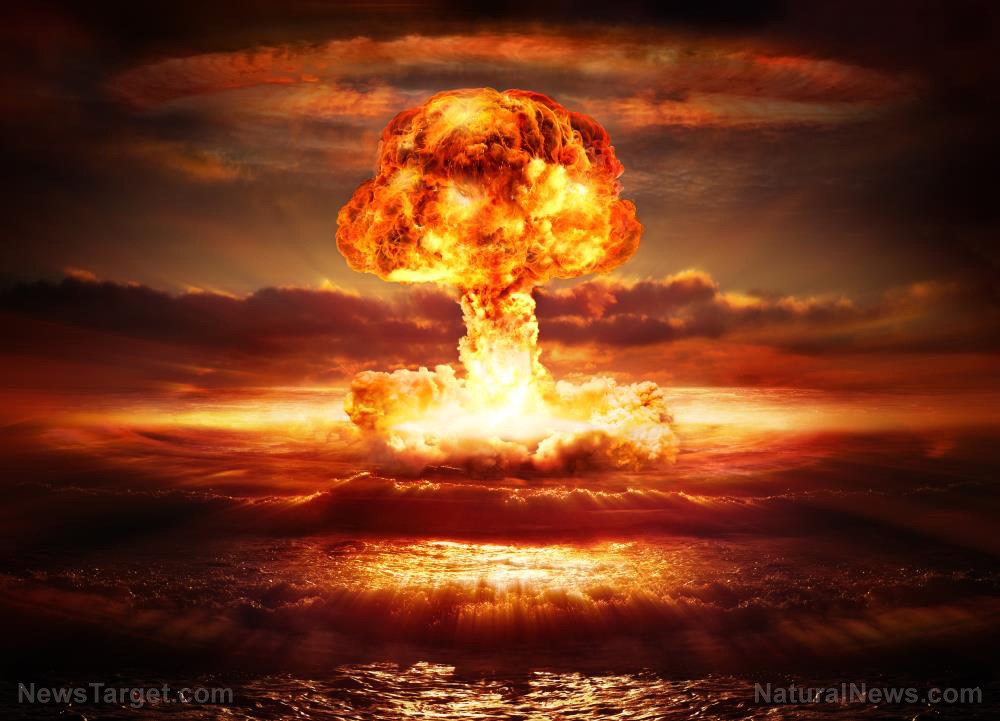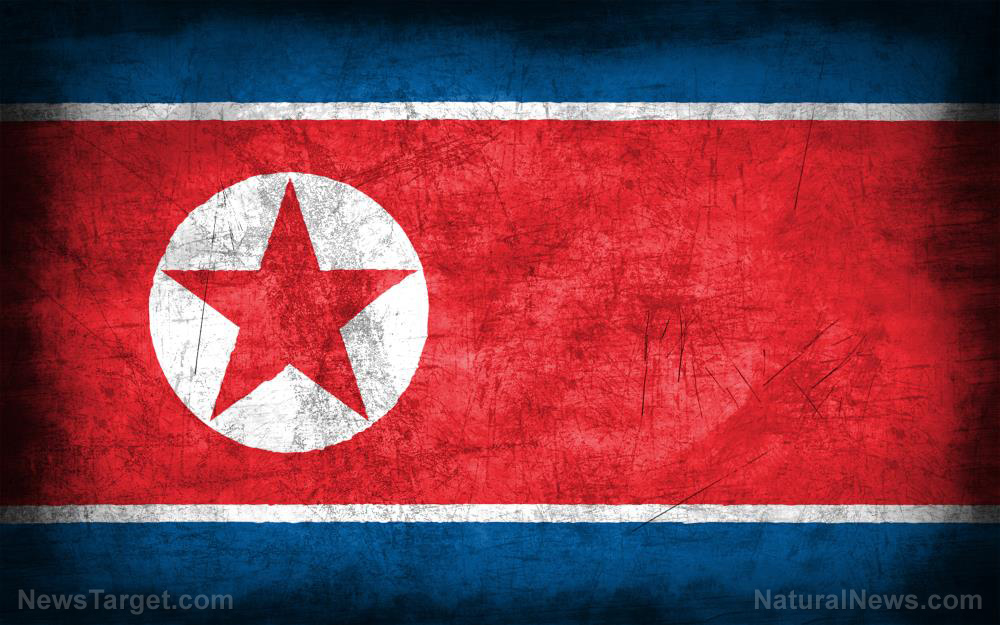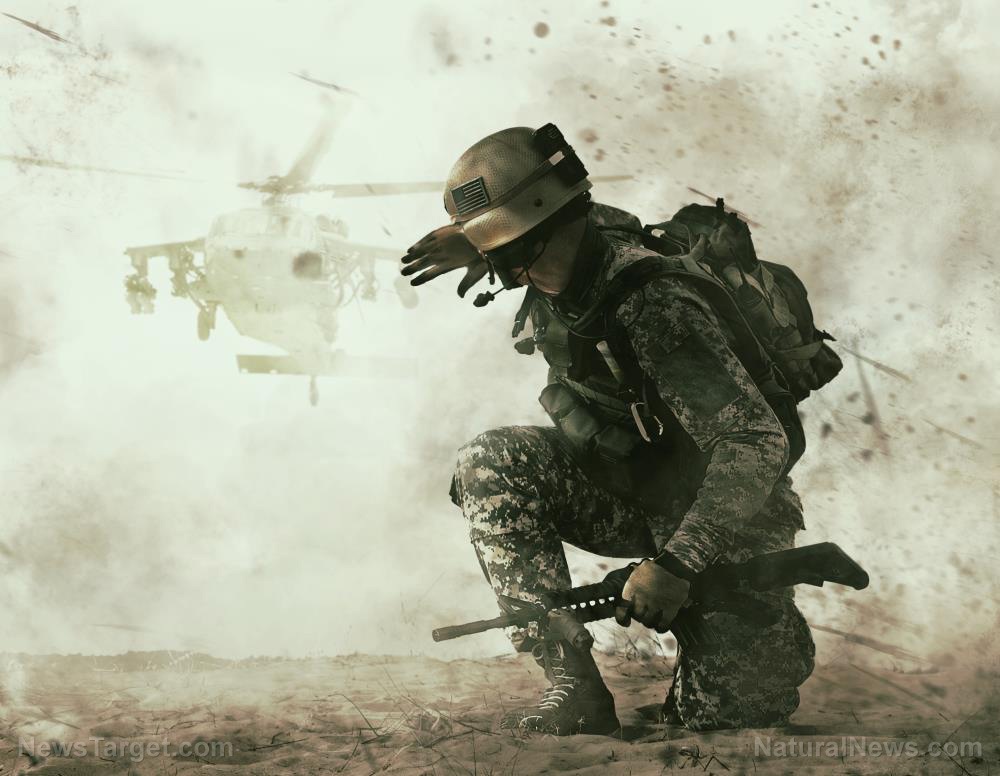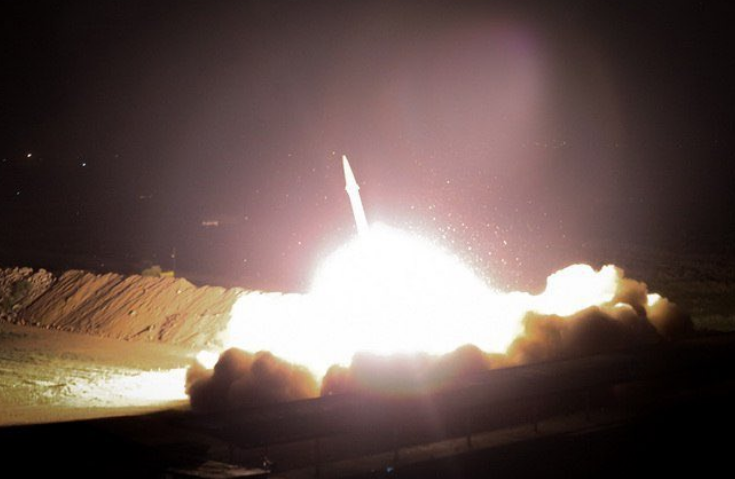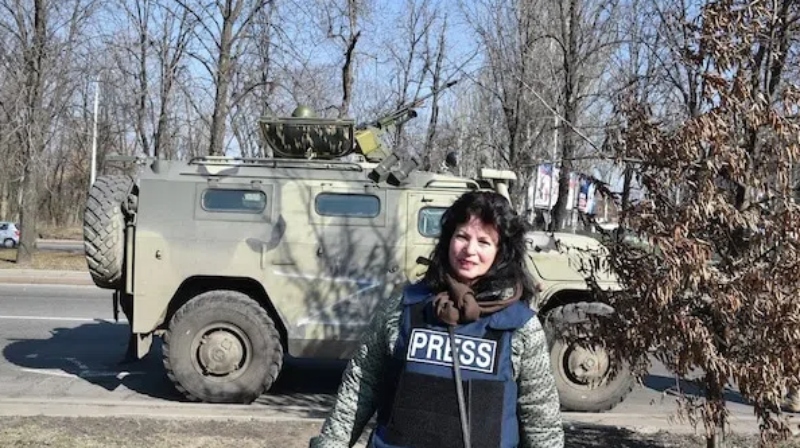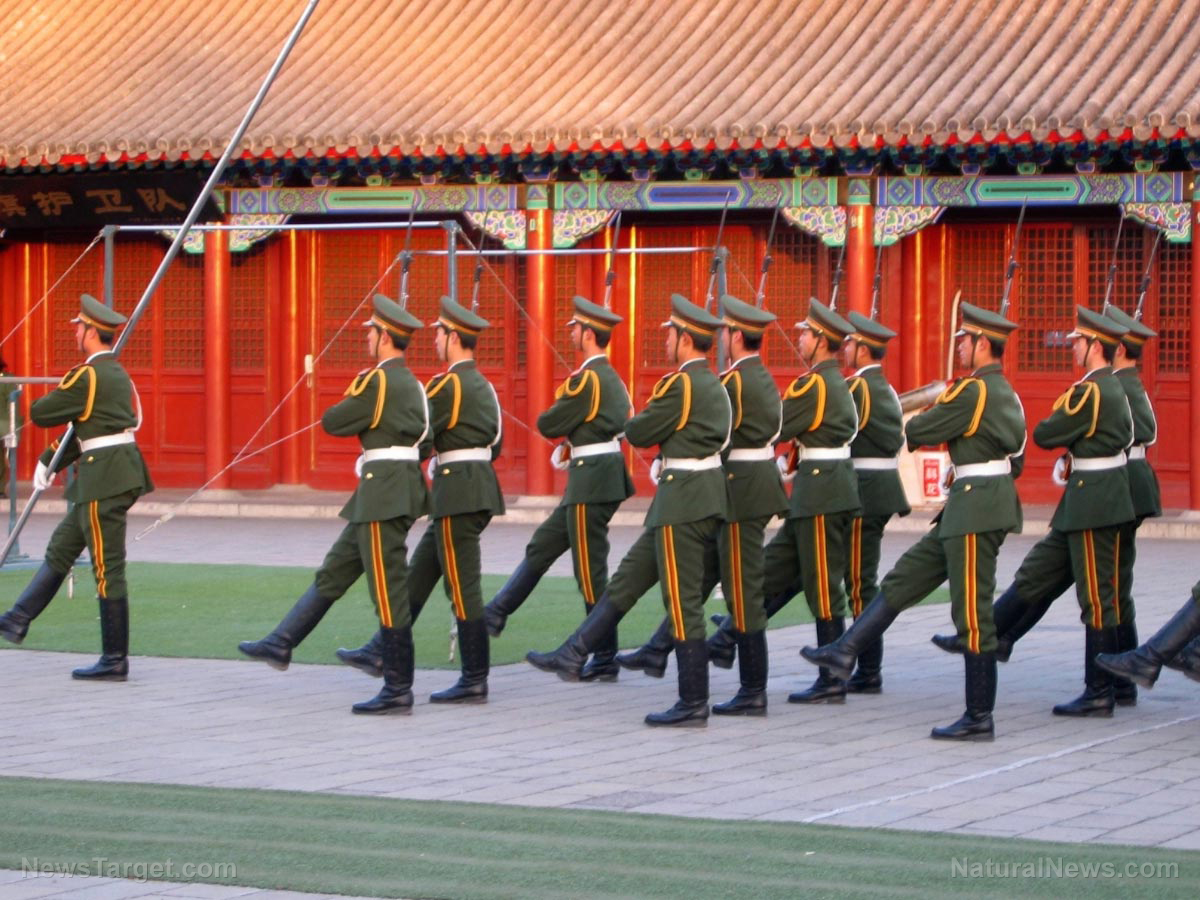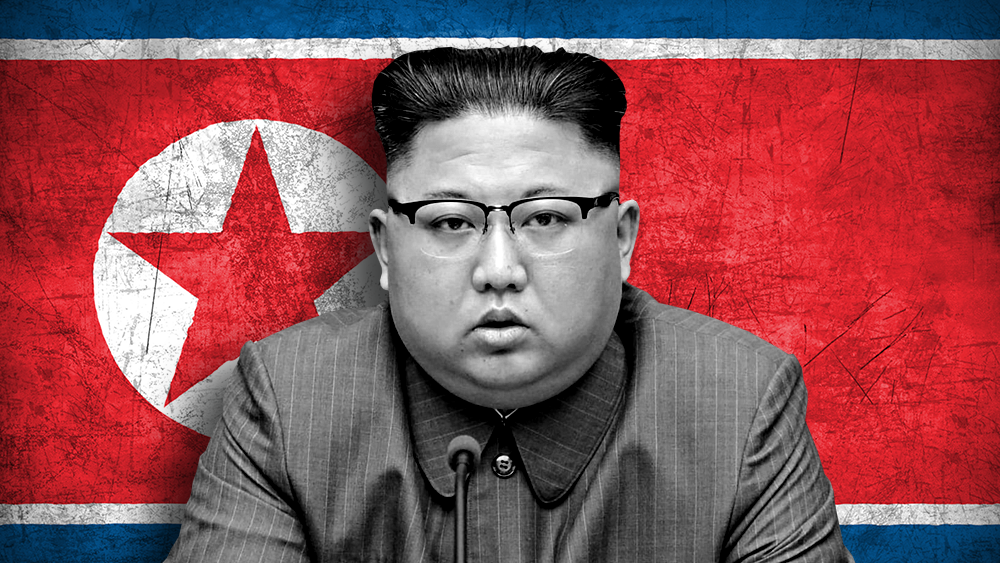Qatar postpones all LNG shipments to Europe as Red Sea tensions rise
01/25/2024 / By Ethan Huff
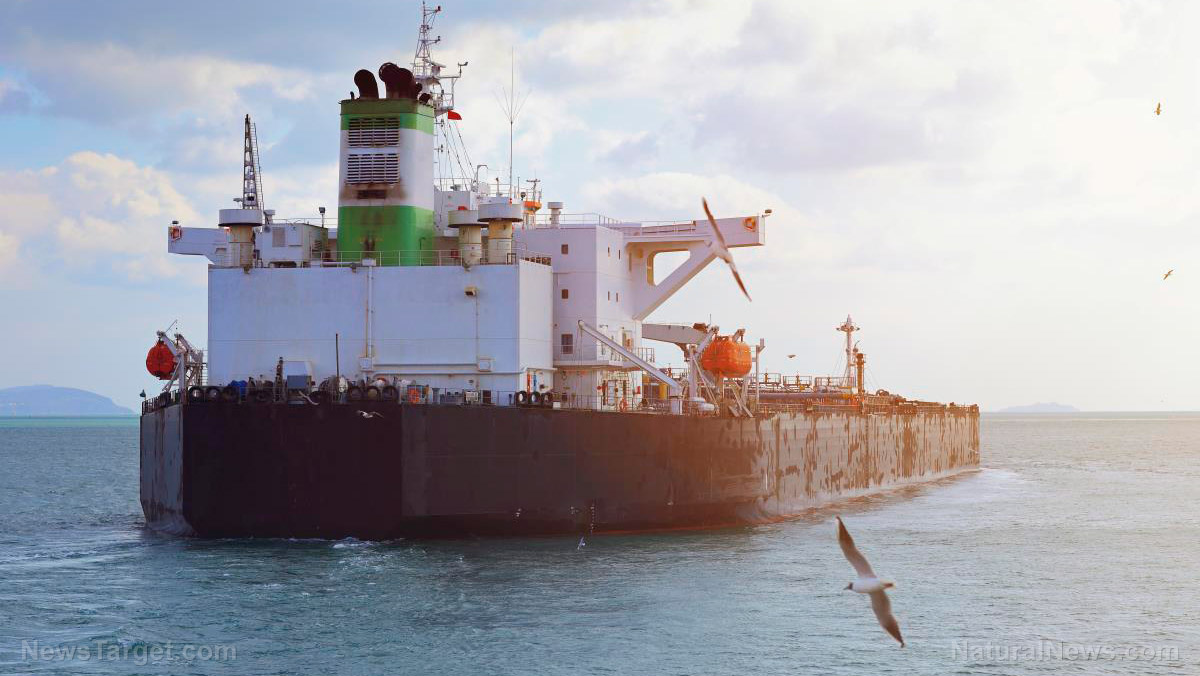
One of the world’s most critical trade routes, the Red Sea, is in the line of fire as tensions in the Middle East rise. As a result, Qatar is postponing all shipments of liquefied natural gas (LNG) to Europe as a precaution.
The world’s second-largest LNG exporter, Qatar notified certain European purchasers that their shipments will be delayed and rescheduled. Overall shipments out of Qatar are on the up and up, though, with the last two weeks seeing a seven percent increase in volume compared to the same time period last year.
Many shippers in the Middle East and Asia are making changes to their routes after Houthi missiles struck numerous Western vessels, including several controlled by the United States and the United Kingdom. Instead of passing through the Red Sea, vessels from these shippers are traveling around the Cape of Good Hope in South Africa, adding about two extra weeks to their journey.
As all of this is happening, both the U.S. and the UK continue to launch attacks across Yemen in defense of Israel, which continues to bomb, attack and raze the Gaza Strip, including everyone in it.
Earlier in January, Doha, the capital of Qatar, rerouted three of its LNG tankers as a precaution amid ongoing fighting between the West and the East.
SEG ship-tracking data shows that the Qatari Al-Rekayyat tanker resumed its return to Qatar via the Red Sea after pausing its journey on January 13. The Al-Ghariya, Al-Huwaila and Al-Nuaman LNG tankers have also all resumed their journeys through the Red Sea toward Europe.
(Related: Qatar is hitting the pause button on all LNG shipments via the Red Sea specifically as the war in the Middle East accelerates.)
Israel losing control of its borders
Concerning Israel, things appear to be going poorly as the Jewish state, for the first time since its reestablishment in 1948, loses control of its borders.
The Cradle‘s Khalil Harb wrote an article claiming that Tel Aviv’s adversaries have “flipped the map” by forcing Israel to “evacuate its own borders – perhaps permanently.”
While in past wars Israel was able to create buffer zones within its own territory to keep its enemies at bay, this time the situation has degraded to the point that the size of Israel, once all is said and done, could decrease rather than increase.
“For the first time in its 76-year history, Israel’s entire security calculations have been turned upside down: the occupation state is today grappling with buffer zones inside Israel,” Harb writes.
“In past wars, it was Tel Aviv that established these ‘security zones’ inside enemy territory – advancing Israel’s strategic geography, evacuating Arab populations near their state border areas and fortifying its own borders.”
The reasons for this shift are numerous. For one, the Jewish state no longer boasts the unconditional backing it once had, at least not from countries that still hold the same level of power and world dominance that they used to hold. Another factor is the increased firepower and technological capabilities of its enemy neighbors, which include Hezbollah.
“Today, Israel is horrified to find itself retreating from direct confrontation lines with its arch-enemies in Gaza and Lebanon,” Harb says. “The formidable capabilities of the resistance now include drones, rockets, targeted projectiles, tunnels and spanking new shock tactics, casting doubt on the feasibility of Israeli settlers remaining safe in any of Israel’s border perimeters.”
Things are looking so bad for Israel right now that there is talk of having to shelter another 100,000 people living along, but deeper within, the nation’s northern border with Lebanon.
The global economy is teetering on the brink as war in the Middle East intensifies. Find out more at Chaos.news.
Sources for this article include:
Submit a correction >>
Tagged Under:
big government, chaos, Collapse, dangerous, energy supply, Europe, fuel, fuel supply, insanity, Israel, Israel-Palestine war, LNG, Middle East, national security, power, Qatar, rationing, Red Sea, scarcity, shipping, supply chain, terrorism, violence, WWIII, Yemen
This article may contain statements that reflect the opinion of the author
RECENT NEWS & ARTICLES
COPYRIGHT © 2017 WWIII NEWS


